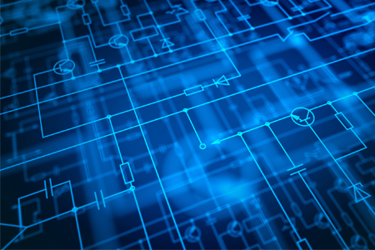The Roles Of Specialty Capacitors In Power Electronics

Capacitors are essential components in power electronic circuits. They are responsible for regulating and smoothing power flow by storing electric charge. While many capacitors are standard, some have highly specialized functions. To ensure they meet application-specific demands, these capacitors must be carefully selected based on their size, function, and interoperability.
Each type of capacitor serves a unique purpose, such as providing clean power, minimizing noise, protecting components, storing energy, balancing voltage levels, and more. Understanding these specialty capacitors is crucial for developing critical applications.
In this e-book, you'll explore the most common capacitor types used in power electronics. Engineers can choose between film and ceramic capacitors, taking into consideration factors like voltage rating, capacitance, ESR, frequency response, temperature stability, and physical size. Ceramic capacitors are often well-suited for power electronics due to their high capacitance density, low ESR/ESL, stability over temperature, high reliability, and small size. Film capacitors, on the other hand, can withstand a wide temperature range and often have a higher capacitance value.
Download the full e-book and dive into a range of valuable insights about capacitors, including their key roles, design considerations, and the benefits of different types of capacitors available today. It covers a variety of specialty capacitors, what they’re used for, how they’re implemented, and how to select the correct ones for an application.
Get unlimited access to:
Enter your credentials below to log in. Not yet a member of RF Globalnet? Subscribe today.
